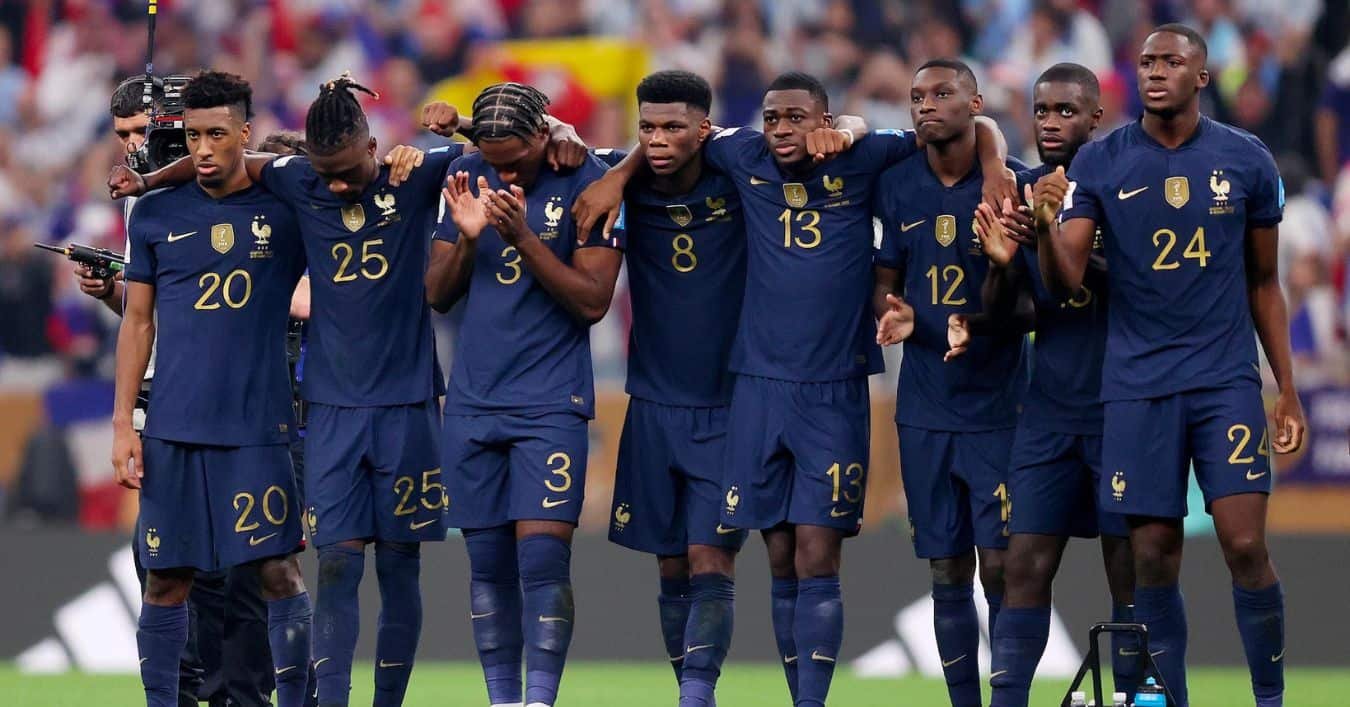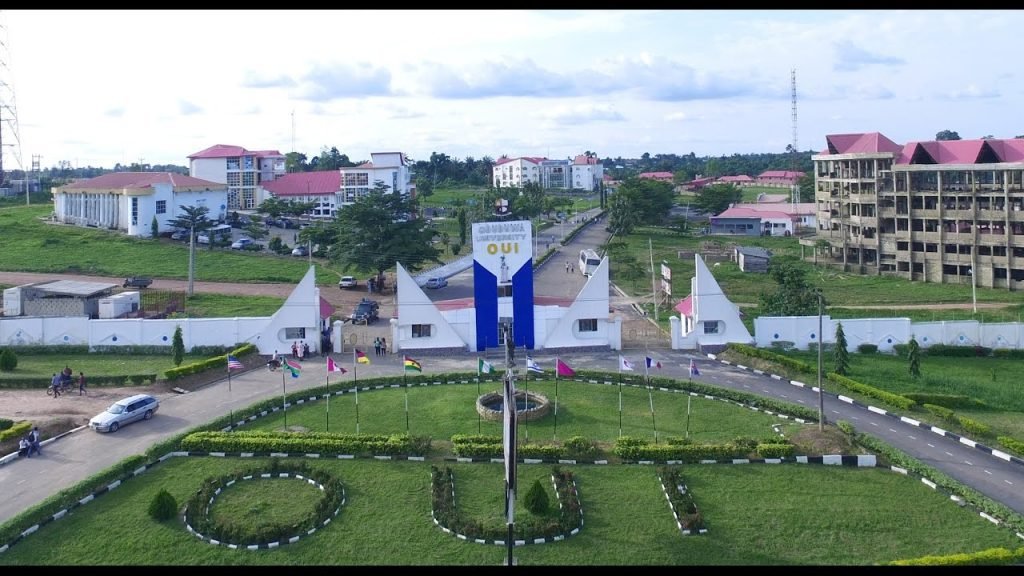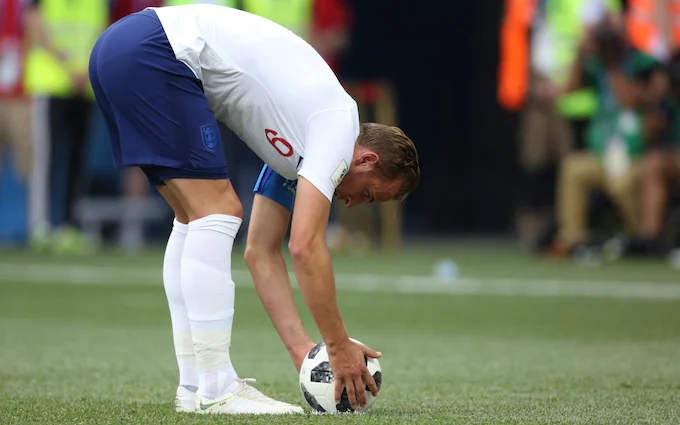Why Is France National Team All Black? The Truth Revealed

As a lifelong football fan, I’ve often noticed people asking, “Why is the France national team all black?” The question keeps appearing on social media and forums: “Why is France’s football team so black?”
It’s a question rooted in curiosity. Many imagine France as a white European country, yet its national football team includes many players of African descent. To understand why, we need to look at history, immigration, and how football works in France.
Why Is France’s National Team So Diverse?
The story begins with France’s colonial history. France once ruled territories across Africa—countries like Senegal, Mali, Cameroon, Algeria, and Ivory Coast. Over time, people from these regions moved to France, both during and after colonial rule.
Their children grew up as part of French society. Football became one of the most accessible sports for them, especially in working-class areas. Over generations, these communities produced many talented players who went on to represent France at the highest level.
Without this immigration, the French national team would look very different today.
How the Team Changed Over Time
A few decades ago, France’s team looked mostly white, with fewer players from African or Arab backgrounds. As immigration rose and football expanded into urban neighborhoods, that began to shift.
The 1998 World Cup team marked a cultural moment. It was called “Black, Blanc, Beur” (Black, White, Arab), symbolizing unity and diversity. Since then, that blend has only grown stronger. While some people claim the team is “all black,” it’s actually a mix of backgrounds—African, European, Caribbean, and North African.
Why So Many Black Players?
France’s youth football system is among the best in the world. Academies such as INF Clairefontaine scout talent across the country, especially in suburbs where football thrives. These areas are home to many immigrant families, and the sport is often seen as a path to opportunity.
Kids in these neighborhoods grow up playing football constantly, often with limited resources but immense drive. That hunger produces world-class athletes. Scouts don’t care about race—they look for skill, discipline, and potential. The result is a team that reflects the communities where football burns brightest.
Style, Strength, and Opportunity
Football rewards quickness, coordination, and stamina—qualities many players of African descent display naturally. But this isn’t about biology or favoritism. It’s about opportunity. Communities where football is a passion tend to produce great players.
France’s system recognizes that talent early and nurtures it. Over time, that has built a team known for both technical mastery and physical intensity.
The Question of “Frenchness”
Every so often, a public debate arises over whether the national team is “French enough.” Some critics argue that players with African heritage feel more connected to their roots than to France. This argument often surfaces when a player chooses to represent another country or expresses pride in their ancestry.
But these players are French citizens. They were born and raised in France, educated there, trained there, and wear the French shirt with pride. Their heritage adds to the country’s cultural depth rather than subtracting from it.
What Makes France So Strong?
France’s success comes from its diversity. Different influences bring different strengths—technical skill, creativity, and adaptability. That mix has turned France into one of football’s modern giants.
Think of Zidane, born to Algerian parents, guiding France to glory in 1998. Or Mbappé, whose father is Cameroonian and mother Algerian, lifting the trophy in 2018. These players are proof that when backgrounds blend, brilliance often follows.
Article updated 4 months ago ago. Content is written and modified by multiple authors.









